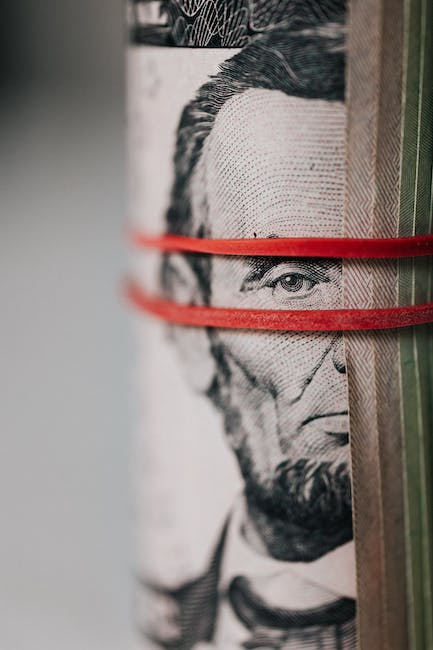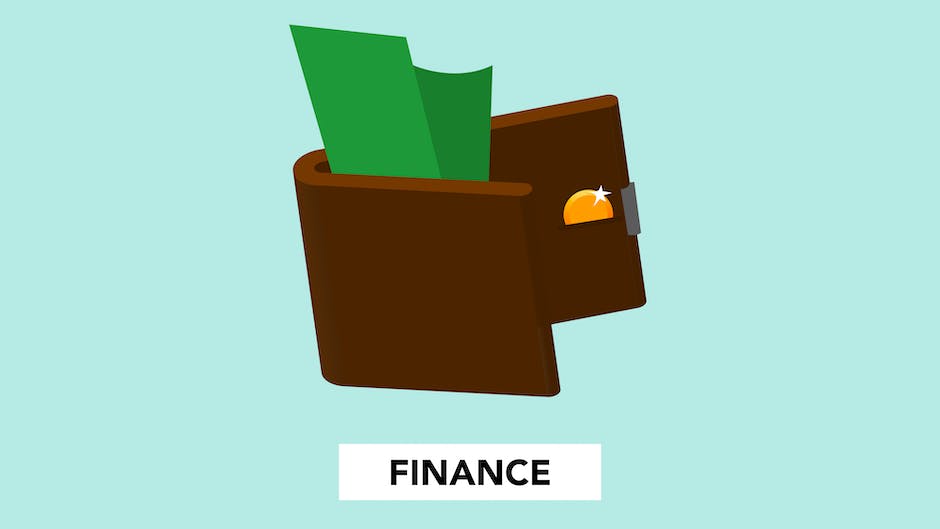Money can’t buy happiness, but it can sure make life easier. That’s why sticking to your budget and achieving your financial goals is crucial. It requires discipline, patience, and a lot of willpower. In this article, we’ll look at ten tips to help you stay on track and achieve your financial goals.
Create a Budget Plan

The first step to sticking to your budget is to create a budget plan. This plan should detail all your expenses, including monthly bills such as rent, utilities, and transportation, as well as your entertainment budget, savings goals, and debt repayments. It’s important to make sure you have a comprehensive view of your spending to help you identify areas where you can reduce your expenses and save more money.
When creating your budget, it’s important to be realistic. Look at your spending habits and see where you can cut back. You may need to sacrifice some things in the short term to achieve your long-term financial goals.
A budget plan can be as simple or as complex as you like. You can use a spreadsheet or a budgeting app to help you stay organized and track your expenses.
Set Realistic Goals

Setting financial goals is a key factor in achieving your budgeting goals. Whether it’s paying off your credit card debt, saving for a down payment on a house, or taking a dream vacation, it’s important to set achievable targets. The goals you set should be specific, measurable, and time-bound. This will help you stay motivated and on track.
When setting your financial goals, take into account your current financial situation and prioritize what’s most important. It’s important to remember that financial goals take time and effort to achieve, so pace yourself accordingly. Celebrate each small win along the way, and don’t forget to reward yourself as you reach your milestones.
Track Your Spending
Tracking your spending is essential for budgeting success. Start by recording your expenses each day, whether it be in a notebook or an app. This will help you identify areas where you are overspending and where you can cut back. By monitoring your spending habits, you’ll be able to make more informed decisions about where to allocate your money.
Experiment with different methods of tracking your expenses to see what works best for you. Some people prefer to use a budgeting app, while others prefer to stick to pen and paper. Whatever method you choose, consistency is essential in helping you stick to your budget.
Use Cash Instead of Credit

Using cash instead of credit can help you stay accountable for your spending. Withdraw your budgeted amount each week and use it to pay for your expenses. Once the cash is gone, you can’t spend any more until the following week. This can help you avoid overspending and stay on track with your budget.
If you do need to use a credit card, make sure you pay off the balance in full each month. This will help you avoid interest charges and keep your credit score in good standing.
Avoid Impulse Purchases

Impulse purchases can quickly derail even the most disciplined budgeter. Whenever you feel the urge to buy something on impulse, take a step back and ask yourself whether it’s an essential purchase or just something you want. If it’s not necessary, hold off on buying it.
One way to avoid impulse purchases is to create a list of things you plan to buy and stick to it. By having a list, you’ll be less likely to make impulsive purchases that weren’t on your radar.
Plan Your Meals

Meal planning is not only good for your health but also for your budget. Start by creating a meal plan for the week, including breakfast, lunch, and dinner. Then make a grocery list and stick to it when you go to the store. By planning your meals, you’ll reduce food waste and avoid buying unnecessary items.
Cooking at home is generally much cheaper than eating out, so get creative in the kitchen. Make large batches of food and freeze portions for a later date. By planning ahead, you’ll be able to save time and money.
Find Ways to Increase Your Income

If you want to achieve your financial goals faster, consider finding ways to increase your income. There are many side hustles you can do to earn extra cash, such as freelancing, selling unused items, or taking on a part-time job.
Even small amounts of extra income can make a big difference when it comes to achieving your financial goals, so be open to new opportunities.
Automate Your Savings

Automating your savings is an easy way to make sure you set aside a set amount of money each month. Start by setting up a direct debit from your checking account to your savings account on payday. This way, you won’t have to remember to transfer the money, and your savings will grow consistently over time.
Setting up automatic savings can help you build an emergency fund, save for a downpayment on a house, or reach other financial goals.
Reward Yourself

When it comes to sticking to your budget, it’s important to acknowledge your progress and celebrate your successes. Consider treating yourself to a small indulgence once in a while, whether it’s a nice meal out or a new pair of shoes. By rewarding yourself, you’ll keep yourself motivated to continue working towards your goals.
Just be sure to keep your reward within your budget and not let it derail your long-term financial goals.
Don’t Give Up

Finally, don’t give up on your financial goals if you slip up or go off track. Budgeting can be challenging, and there are bound to be obstacles along the way. If you do fall off the wagon, take a deep breath, dust yourself off, and get back on track. Over time, you’ll see the benefits of your hard work and will be one step closer to achieving your financial goals.







